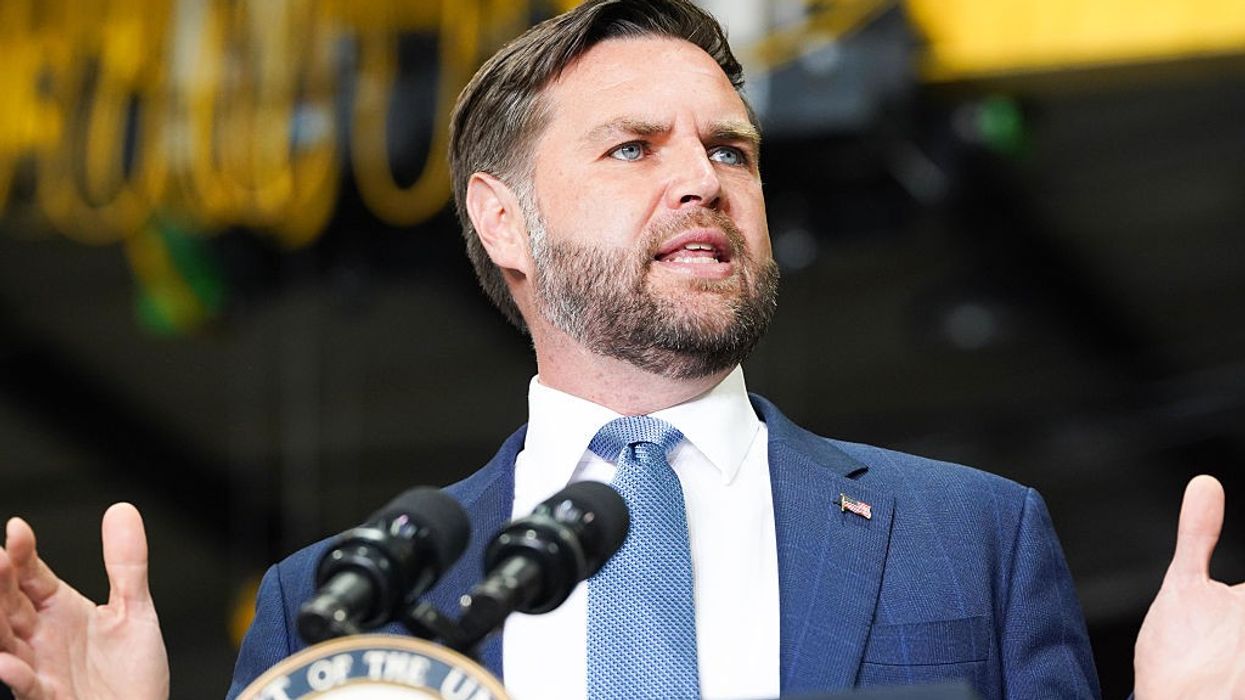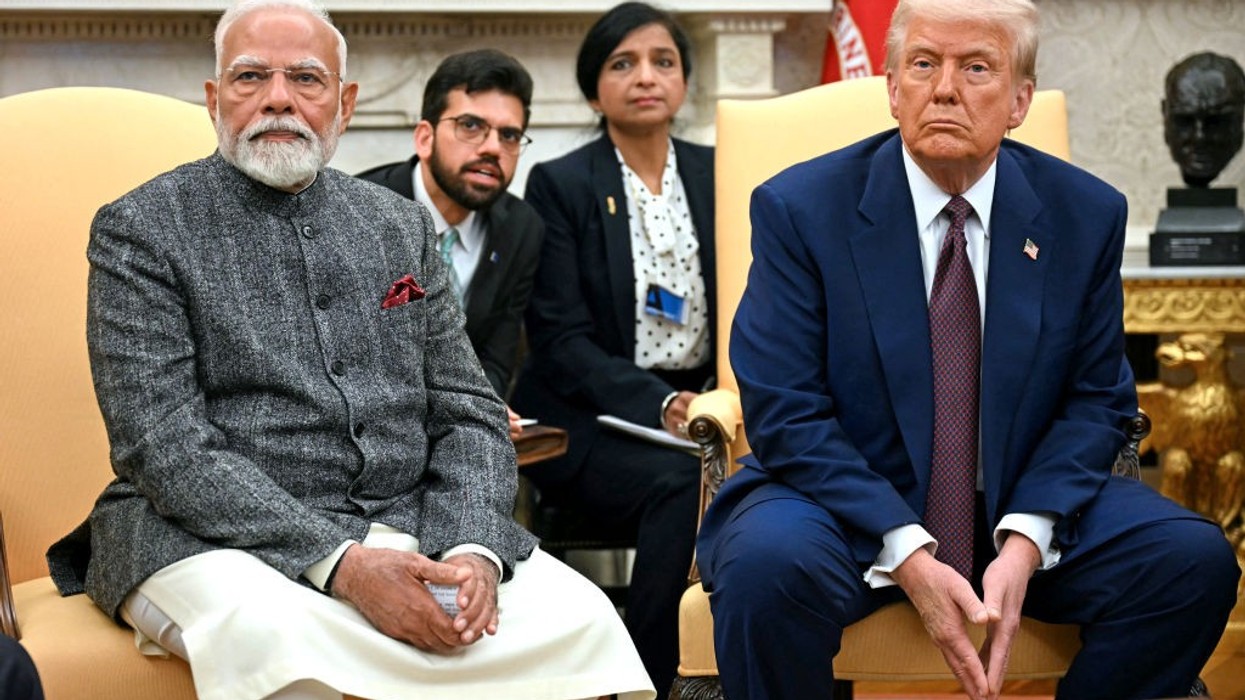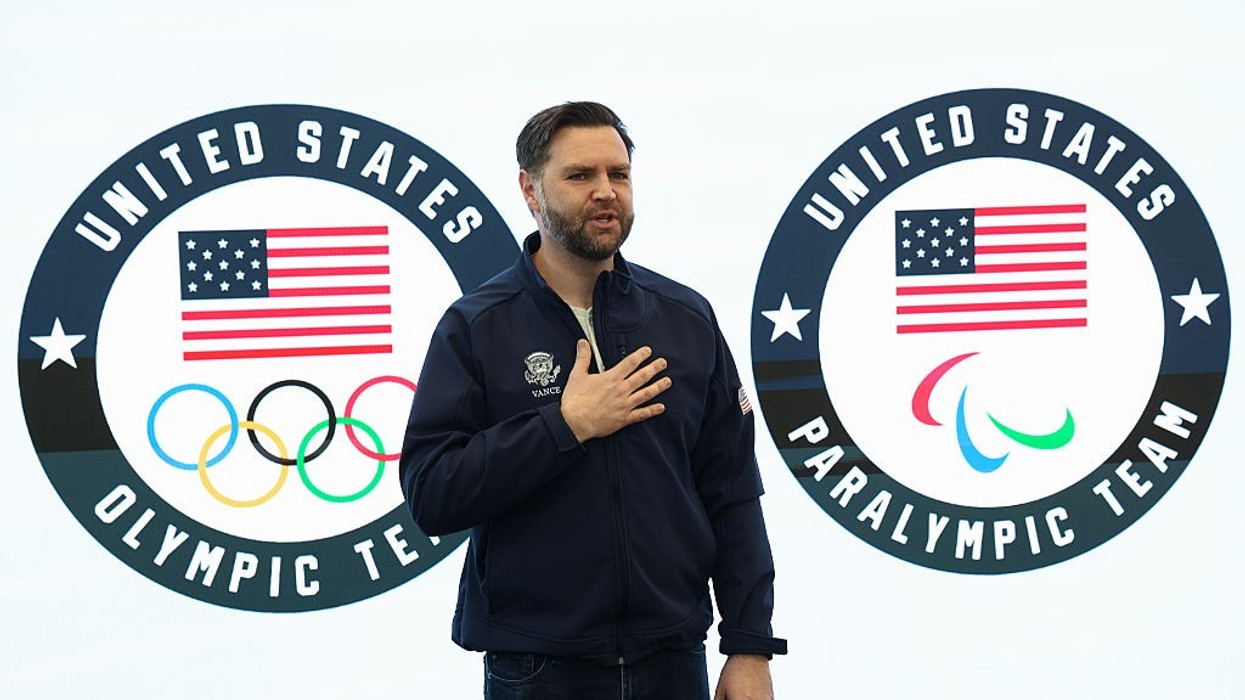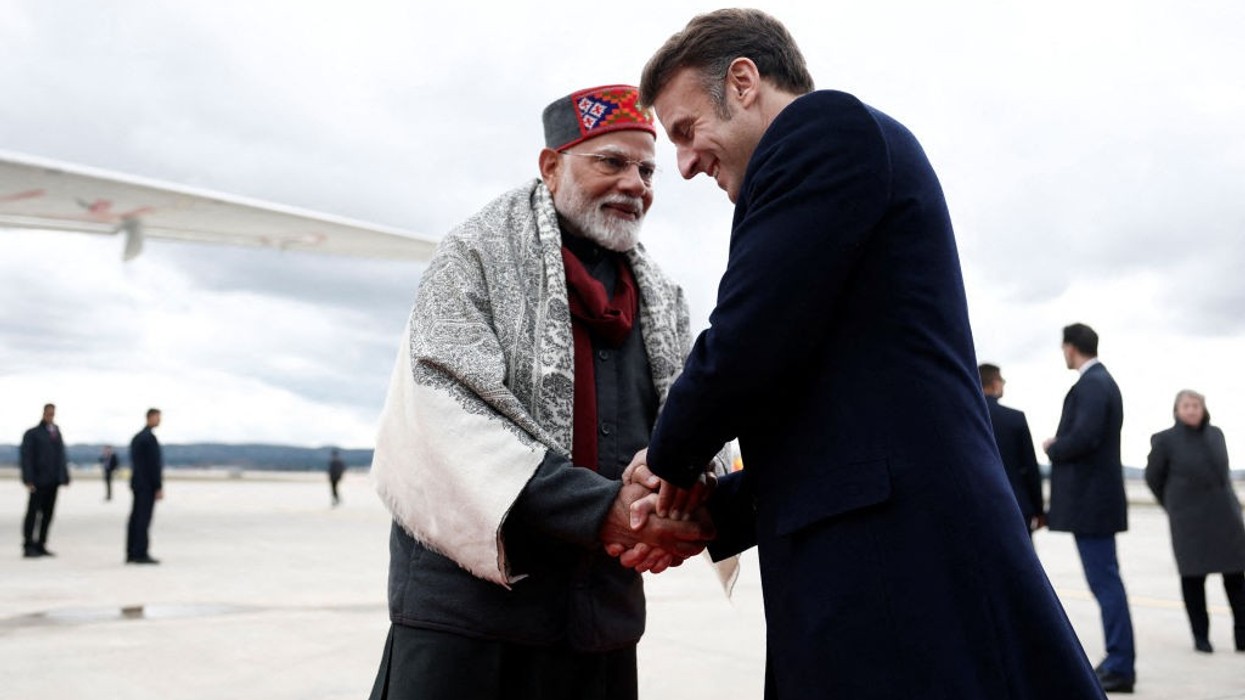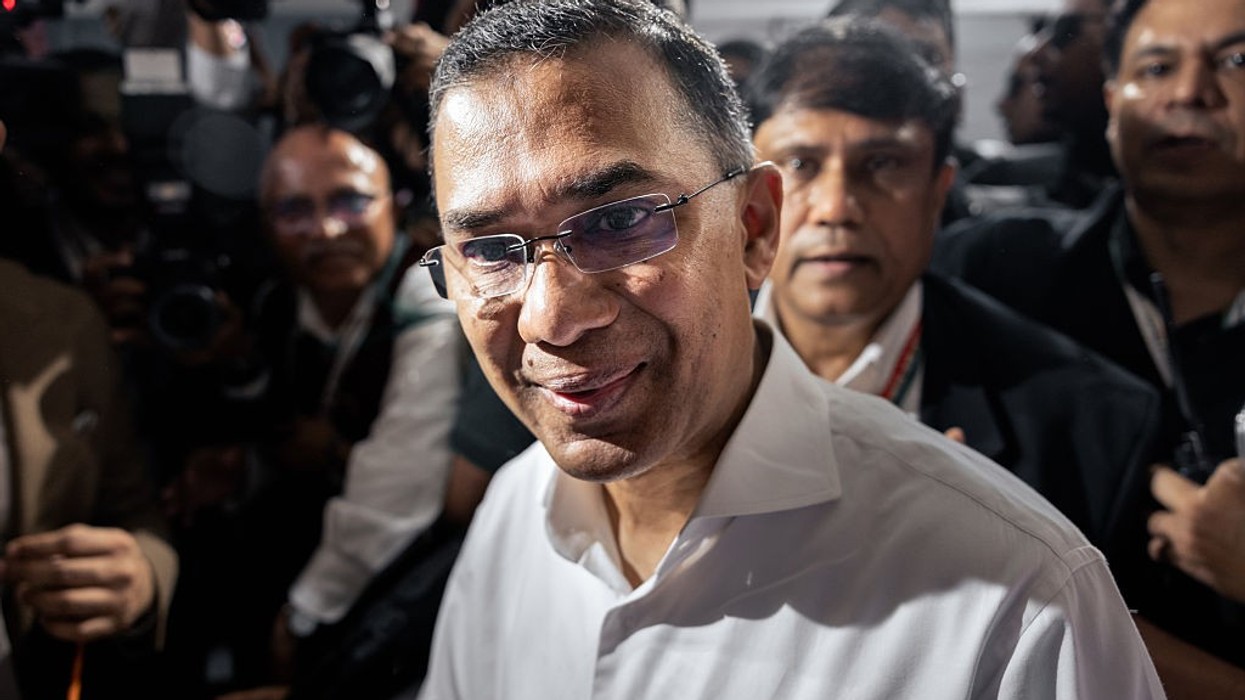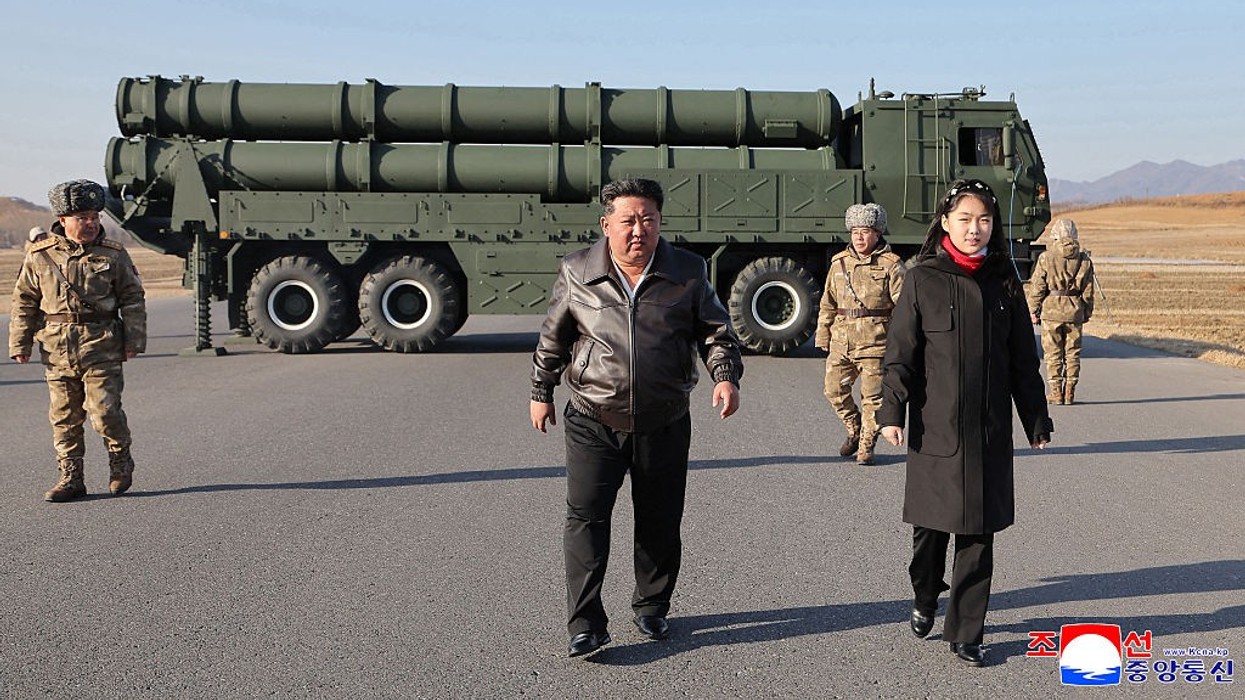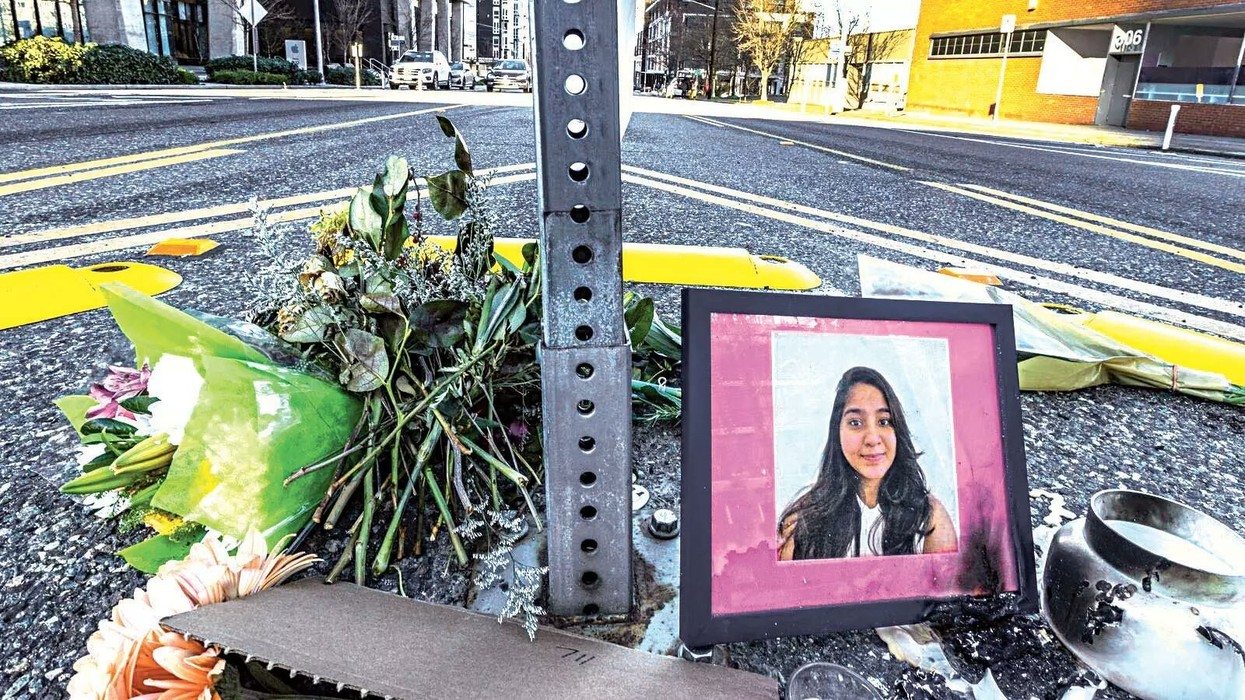Highlights:
With just days left before the Trump administration’s new round of tariffs is set to hit Indian exports, US Vice President JD Vance has called the move “aggressive economic leverage” designed to push Russia to end its war in Ukraine. Speaking on NBC’s ‘Meet the Press’, Vance said President Trump’s decision to impose an additional 25 per cent tariff on Indian goods—on top of a penalty for Russian oil imports—demonstrates the administration’s intent to hinder Russia’s ability to profit from energy revenues.
“Trump has applied aggressive economic leverage, for example, secondary tariffs on India, to try to make it harder for the Russians to get rich from their oil economy,” Vance explained. The new measure takes the total tariff on Indian exports to 50 per cent, the highest level faced by any country in the world.
India criticizes tariff hike as unjustified and selective
India’s External Affairs Minister S Jaishankar has strongly denounced the latest US move, calling the additional tariffs “unjustified and unfair.” He argued that these levies are being falsely framed solely as an “oil issue,” pointing to the fact that other major importers of Russian oil, such as China and several European nations, have not faced similar penalties from Washington.
Jaishankar also expressed confusion over the US position, recalling that American officials had previously urged India to help stabilize global energy markets—even if that included buying Russian oil during periods of volatility. “This tariff is being presented as an oil issue. But the same arguments used to target India have not been applied to the largest oil importer, which is China, nor to the largest LNG importer, which are the European nations,” he pointed out.
Uneven scrutiny of India’s energy interests
The Trump administration has been particularly vocal about India’s purchase of discounted crude oil from Russia since the Ukraine invasion. Trump, along with senior officials like Treasury Secretary Scott Bessent and Trade Advisor Peter Navarro, has repeatedly accused India of financing the Kremlin’s war machinery through these purchases.
Interestingly, while India has faced mounting criticism, China—the largest buyer of Russian crude—has largely avoided any equivalent rebuke or penalties, highlighting what many analysts see as selective pressure and geopolitical maneuvering by the US administration.
Jaishankar defended India’s energy policy, stating it is driven by national interest and market factors, not political considerations. He also noted the hypocrisy of Western nations, many of which continue to buy oil and refined products from India even as they chastise its Russia ties.
Broader implications for US-India-Russia relations
Despite facing the highest US tariffs globally, India appears undeterred in its pursuit of energy security and trade diversification. During a recent visit to Moscow, where Jaishankar also met with President Putin, the two countries agreed to deepen their bilateral trade partnership. The developments signal that US economic pressure is unlikely to sever India’s longstanding ties with Moscow.
VP Vance, meanwhile, expressed optimism that Trump’s approach could lead to progress in Ukraine conflict negotiations, suggesting that Russia might be incentivized to ease hostilities if allowed re-entry into the world economy.
President Putin is expected to visit India later this year, underscoring the strategic depth of the India-Russia relationship—even as geopolitical headwinds and tariffs test New Delhi’s balancing act.
